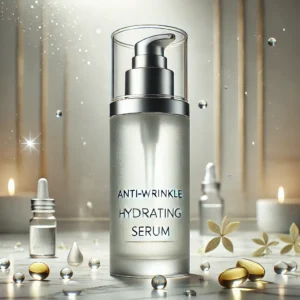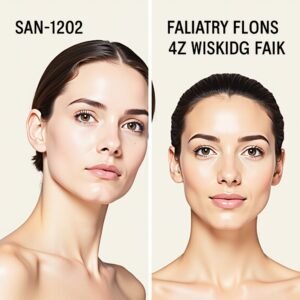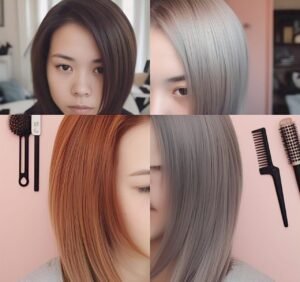Using essential oils on the skin ChatGPT reported: Essential oils can be great for skin care, but they should always be diluted with a carrier oil (like jojoba, coconut, or almond oil) before applying to the skin. Here are some of the best essential oils for different skin concerns:
For Acne-Prone Skin

- Tea Tree Oil – Antibacterial and anti-inflammatory, helps fight acne and reduce redness.
- Lavender Oil – Calming, antibacterial, and helps with acne scars.
- Clary sage oil has antibacterial properties and regulates oil production. For Dry Skin
- Rose Oil – Hydrating, reduces redness, and improves skin texture.
- Soothing and helpful in reducing irritation, chamomile oil Sandalwood Oil – Moisturizing and reduces inflammation.
For Oily Skin
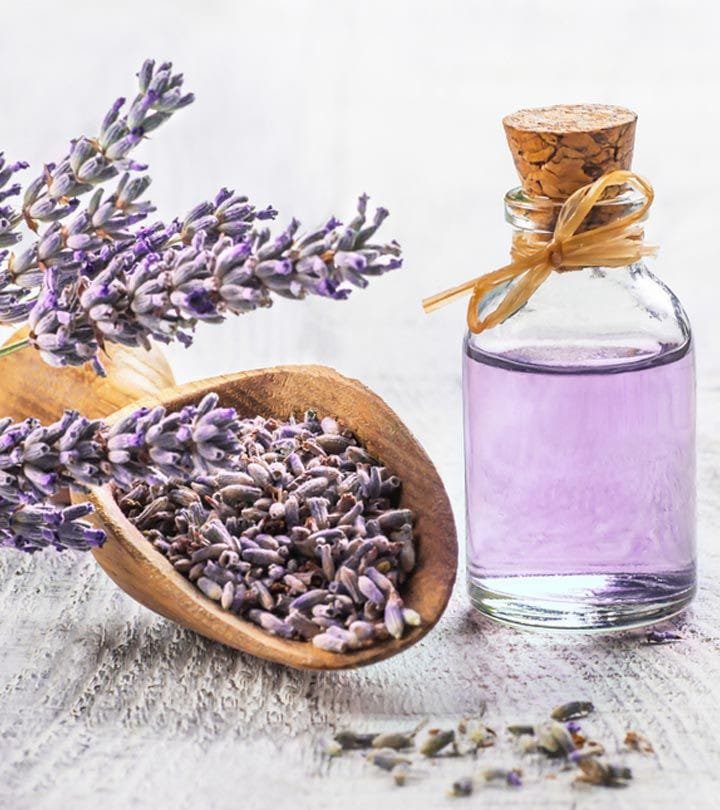
- Lemon Oil – Astringent and helps control excess oil.
- Geranium Oil – Balances sebum production and tightens skin.
- Bergamot Oil – Reduces shine and has antibacterial properties.
- For Anti-Aging & Wrinkles
- Frankincense Oil – Improves elasticity and reduces fine lines.
- Myrrh Oil – Hydrating and helps with skin renewal.
- Carrot Seed Oil – Rich in antioxidants, helps rejuvenate the skin.
For Sensitive Skin
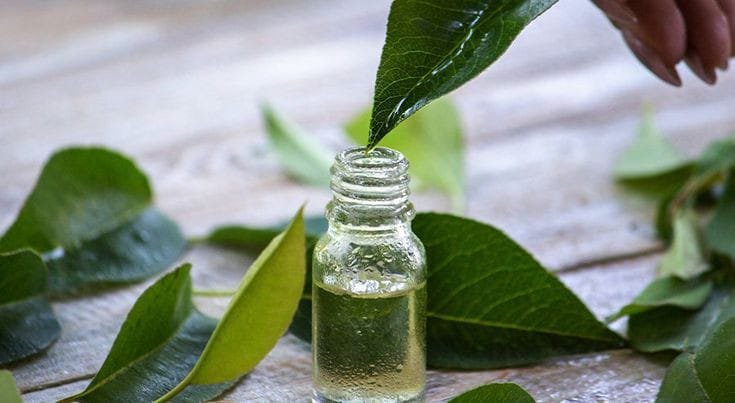
- Chamomile Oil – Calms irritation and redness.
- Helichrysum Oil – Soothing and promotes healing.
- Lavender Oil – Gentle and reduces inflammation.
- Application Tips
- Before using essential oils, always dilute them (usually one to two drops per teaspoon of carrier oil). Do a patch test to check for allergic reactions.
- Before going outside in the sun, don’t use citrus oils like lemon or bergamot because they can make your skin more sensitive to the sun.
